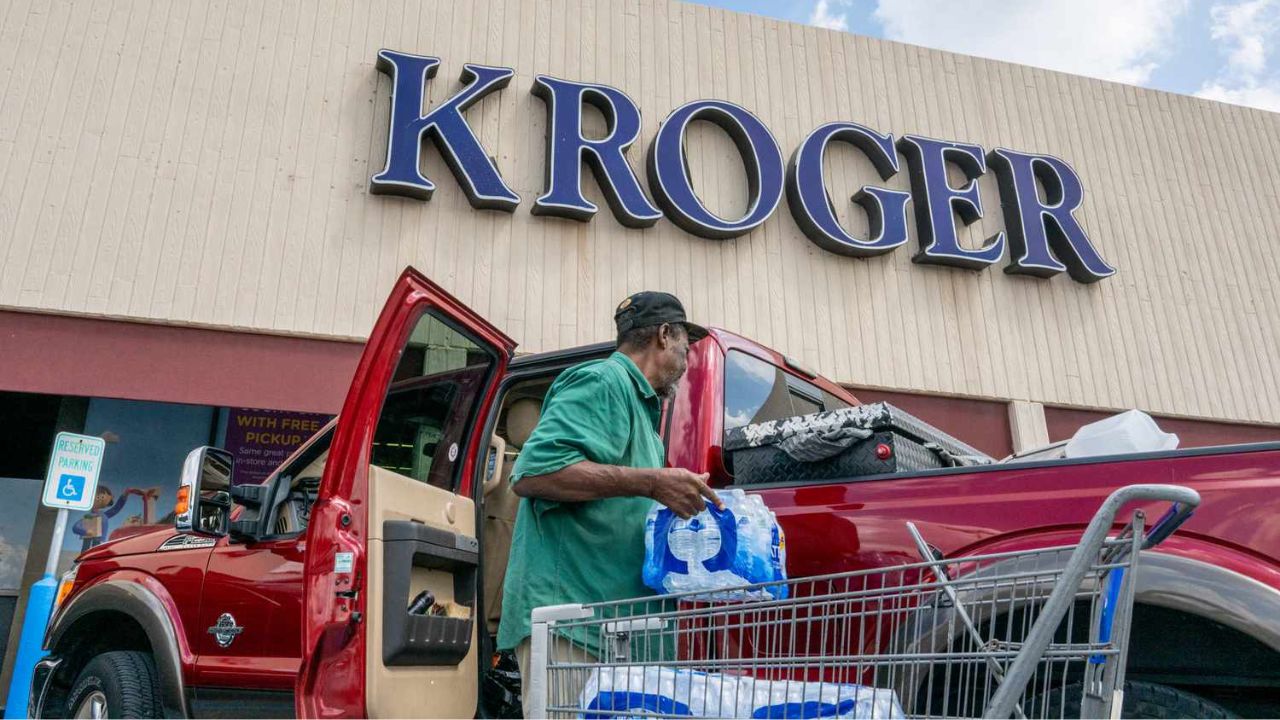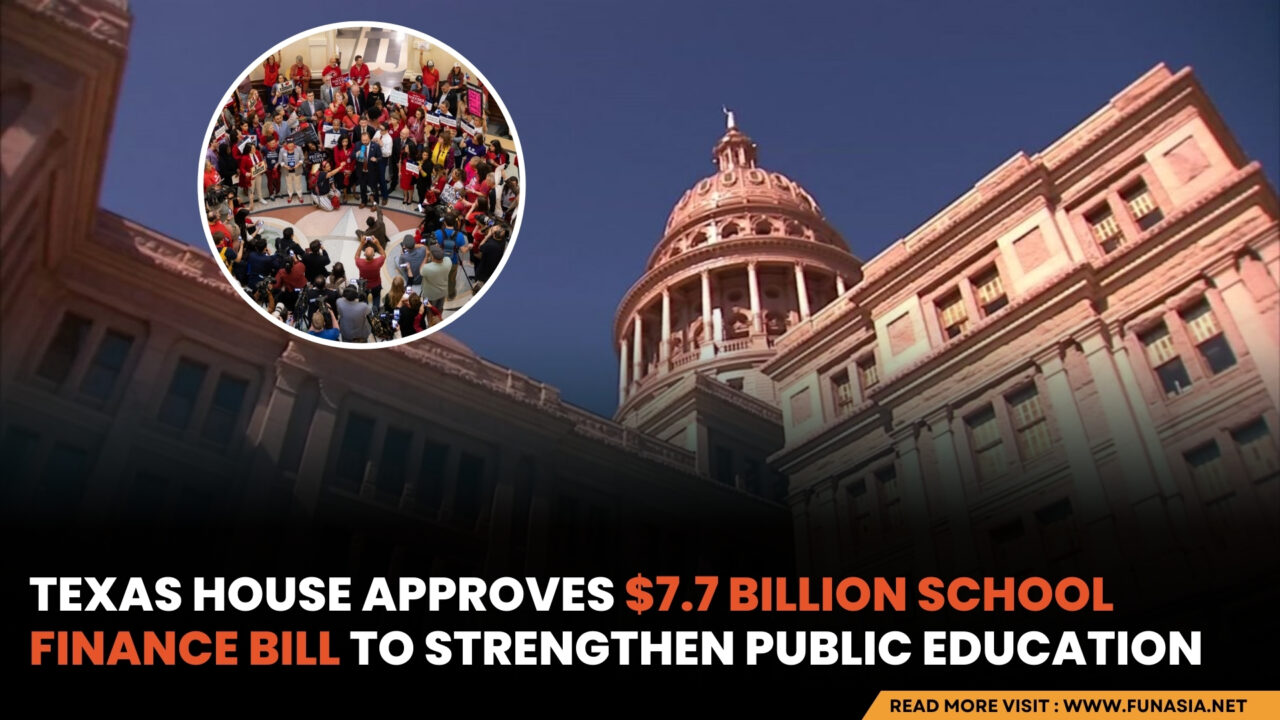A major merger deal between grocery giants Kroger and Albertsons faces opposition from a federal agency, raising concerns about its impact on North Texas stores.
The Federal Trade Commission (FTC) aims to thwart the $25 billion merger, which could affect hundreds of Texas stores, including some in the Dallas-Fort Worth (DFW) area. The FTC’s challenge throws the deal into uncertainty, citing potential negative consequences for consumers.
Douglas Farrar, representing the FTC, expressed concerns about potential price hikes for essential groceries like milk and bread if the merger proceeds. The FTC’s lawsuit filed on Monday contests the consolidation, emphasizing the need to safeguard consumer interests.
While Kroger has agreed to sell off 400 stores, including 26 in Texas, to address antitrust concerns, the fate of North Texas stores remains uncertain. Analysts suggest that Kroger may argue for cost savings by merging operations, potentially impacting competition and consumer choice.
Both Kroger and Albertsons assert that the merger will enhance their ability to compete with industry giants like Walmart, Costco, and Amazon. However, the FTC remains skeptical, emphasizing the competitive dynamics between Kroger and Albertsons themselves.
Amidst the legal battle, SMU Economist Mike Davis highlights the FTC’s tendency to prolong such disputes, adding uncertainty to the merger’s timeline. While the merger’s primary impact is expected in Washington and Oregon, its repercussions on Texas stores remain a focal point of concern for consumers, regulators, and industry stakeholders.













